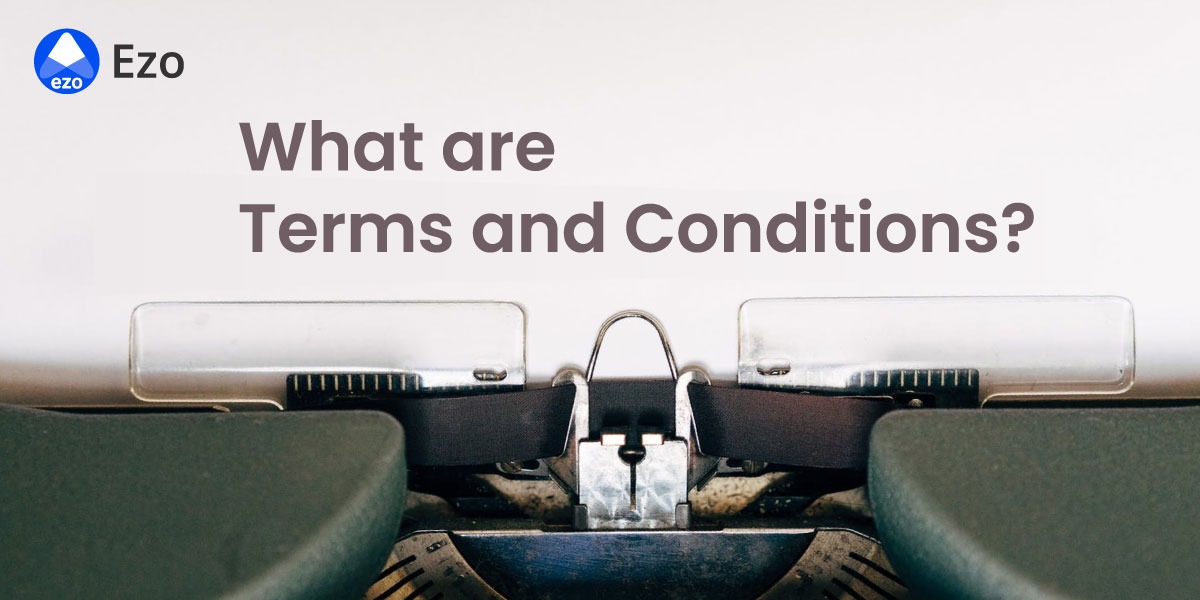What are the Terms and Conditions of a Website?
A Terms and Conditions agreement is also known as a Terms of Service or a Terms of Use agreement: It is not legal by law to have this agreement.
A Terms of Service Agreement is a set of regulations which users must agree to follow in order to use a service. Terms of Use is often named Terms of Service, Terms and Conditions, or Disclaimer when addressing website usage. This agreement sets the rules that users must agree to in order to use your website.
Benefits of having a Terms and Conditions
Website legal compliance
Website owners should be aware and should adhere to the local and international legal frameworks, which impose a variety of obligations. The place to address all these important matters is the Terms and Conditions. They should outline all the rights of the users imposed by law. In that sense, the T&Cs act as a shield against improper use and avoid disputes borne out of uncertainty.
2. Protect your Intellectual Property
Intellectual Property is the biggest asset for the majority of online businesses. As the website owner, you're the owner of your logo, content (except for user-generated content, as most websites will inform users that any content created by users is theirs), the design of the website, and so on.
In the Terms and Conditions, you can inform users that you are the owner of such content (as mentioned above) and that the content you own is protected by international copyright laws.
This kind of clause is commonly referred as the Intellectual Property clause, and it usually looks like this:
The Site and its original content, features, and functionality are owned by [Owner of Website] and are protected by international copyright, trademark, patent, trade secret, and other intellectual property or proprietary rights laws.
3. Limitation of Liability
Another important consideration for website owners is to limit their liability to the maximum extent possible. Improper use or even accepted use of a website may sometimes lead to unwanted results. Hence, the Terms and Conditions of each website shall limit its liability, thereby avoiding costly legal battles and fines from regulators. This kind of clause notifies users that the owner can't be held responsible for any errors in the content presented, or for the information provided being accurate, complete, or suitable for any purpose.
4. Termination of the website’s usage and access
It is a common occurrence in today’s digital world for certain website users to abuse and try to abuse the platform or its users. This can be done in a variety of ways, such as the verbal or physical abuse on social platforms or the use of a website for commercial uses when this is prohibited. In such cases, website owners should have a mechanism in place to limit or prohibit the use of their website to such users.
The Termination clause usually looks like:
We may terminate your access to the Site, without cause or notice, which may result in the forfeiture and destruction of all information associated with your account. All provisions of this Agreement that, by their nature, should survive termination shall survive termination, including, without limitation, ownership provisions, warranty disclaimers, indemnity, and limitations of liability..
5. Abuse Prevention
A Terms and Conditions acts as a legally binding contract between you and your users. This is the agreement that sets the rules and guidelines that users must agree to and follow in order to use and access your website or mobile app.
In this agreement, you can include the necessary sections to inform users of the guidelines of using your website or mobile app, what happens if users are abusing your website or mobile app, and so on.
Create your Terms and Conditions Template
 Knowledge Center
Knowledge Center





.jpeg)




















LEAVE A REPLY: